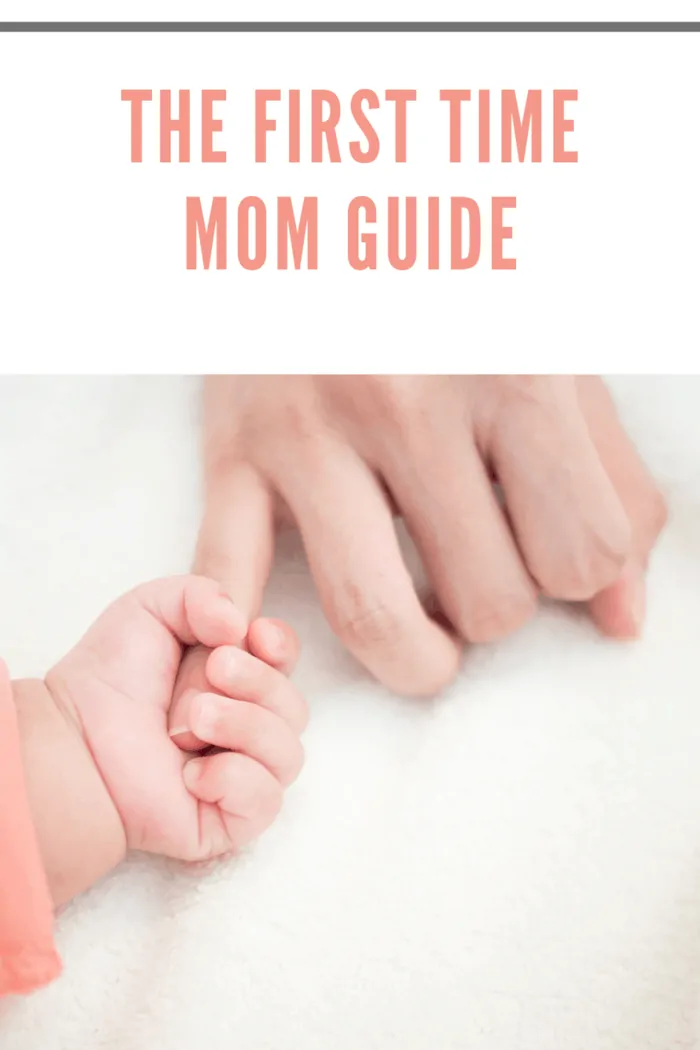If you’re reading this right now, you’re probably in the beginning stages of your pregnancy, and you’d like to know all there is about being a mother for the first time.
We’re going to be very straight with you and tell you that it’s both an exciting as well as a challenging experience, but one thing is for sure, and that’s that your life is going to change to a great extent.
Motherhood can undoubtedly be a daunting lifepath, especially for first-time moms, as they have barely any experience in caring for their young wards.
Here are several things that you’ll be going through as a first-time mom for which you need to prep yourself both physically and emotionally as well:

7 Things to Know As A First Time Mom
1. Postpartum Bleeding
Yes, apparently, postpartum bleeding (WebMD) is supposed to happen when you give birth, but it’s natural, and you have to go through with it.
Most mothers bleed for approximately six weeks after giving birth.
At first, it will start as if you’re having a heavy period.
Then gradually, the bleeding will get lighter in both colors and flow, with the color turning pink, then yellow, and then white before becoming absolutely clear.
Of course, every woman’s body is different, so that the timeline may vary according to their unique biology.
There may even be a couple of tiny blood clots, like when you stand upright after lying or sitting down for prolonged periods.
You may need to keep your physician in the loop, especially if you’re experiencing numerous blood clots, a golf ball-sized clot, or if your pad is filled with blood in about an hour or so.
2. Cherish The Moments As Best As You Can
Yes, your new schedule may be hectic with all the bathing and the feeding, but that shouldn’t stop you from enjoying every single moment you have been blessed with.
Before you realize it, your child is all grown up, getting ready for college and pretty soon have a family of their own.
That’s why you must enjoy each and every one of those tender moments you have with your little one while you still can.
To make these moments truly memorable, be sure to document every one of your child’s biggest moments, like when they’re getting bathed for the first time, having their first ice cream, deciding the best of several great booster seats or their first day at school.
You’ll be really happy you took all those photos, recorded all those videos, and made several posts on social media years later.
This way, you can reminisce on those memories when your child is older or is all grown up.
It’s best to do this since these memories aren’t the kind that will be recreated again.

3. Put Aside Fun Activities That Aren’t In Your Child’s Best Interest
Although it is not the end of the world, you will have to put aside all of the creative and exciting projects, job opportunities, and activities you had planned on doing before becoming pregnant.
Even if getting pregnant wasn’t a part of your plan, your child comes first before anything else.
But, you’ll soon come to understand that perhaps your baby was, in fact, secretly part of some of the fun things that you had planned on doing, like visiting other countries and cities, understanding different cultures, visiting amusement parks, galleries, and zoos and so much more.
4. Listen To Your Maternal Instincts
Maternal instincts are those hidden thoughts and feelings coming from the bottom of your heart, alerting you when things may seem off with your baby.
This is a trait within all mothers, and you mustn’t be ashamed to act upon it even if it ends up turning out to be nothing.
This only shows that you will be there for your child no matter what.
Furthermore, maternal instincts are all you need to care for your baby instead of relying on any written material or online resources.
Like when you feel your baby shouldn’t be around a certain someone you know, then don’t be afraid to keep them away from such people for the time being.
If you have a bad feeling about a game or toy that your child was playing with, then it’s your right to intervene and get them to stop.

5. Be Wary Of Your Baby’s Needs
Generally, babies often communicate via body language or crying.
However, as the days pass, you’ll start noticing various crying tones and behaviors that will help you understand what your baby wants.
For instance, according to the CDC, the most common signs indicating your baby’s hunger before crying are finger-sucking, reaching up with their arms and legs, and REM.
And some of the ways to tell your child is tired is when they pull at their ears, yawn, or perform quick, jerky movements.
Be observant of all these cues; after a week or so, you’ll get accustomed to them.
You might even get so good that you won’t have to wait for them to cry to know what they want.

6. Don’t Forget About Yourself
Taking care of the baby is just as important as taking care of yourself.
After all, you can’t care for your child if you’re sick or tired.
And this is by no means a way to excuse you from your parenting responsibilities or even putting your own personal needs before your baby.
But sometimes, it’s okay to give yourself some time to ensure you’re well enough to care for your little darling.
Don’t hesitate to ask your spouse, family member, or friend to watch over your child for a few hours if you need to rest up.
There are plenty of cases like this, so don’t think this is something unique to you.
7. No Need To Worry About Your Post-Baby Figure
When you’re a mom for the first time, the last thing you need to be concerned about is your overall figure, especially when there are a number of other things to worry about than that.
It’s natural for your body to undergo a number of changes after having a baby, but this doesn’t have to be the end of the world or something.
Besides, you can recreate your lovely figure to what it once was after you’ve fulfilled your child’s needs first.
